Merrianne Jessop life reflects the intricate and often controversial history of the Fundamentalist Church of Jesus Christ of Latter-Day Saints (FLDS). As one of the wives of Warren Jeffs, a figure synonymous with the church’s tightly controlled practices, her story reveals the profound personal struggles faced within such insular religious communities. Her journey underscores the broader impact of the FLDS’s influence on individual lives, showcasing the challenges and complexities of living under its rigid doctrines.
Merrianne Jessop: A Childhood Rooted in FLDS Traditions
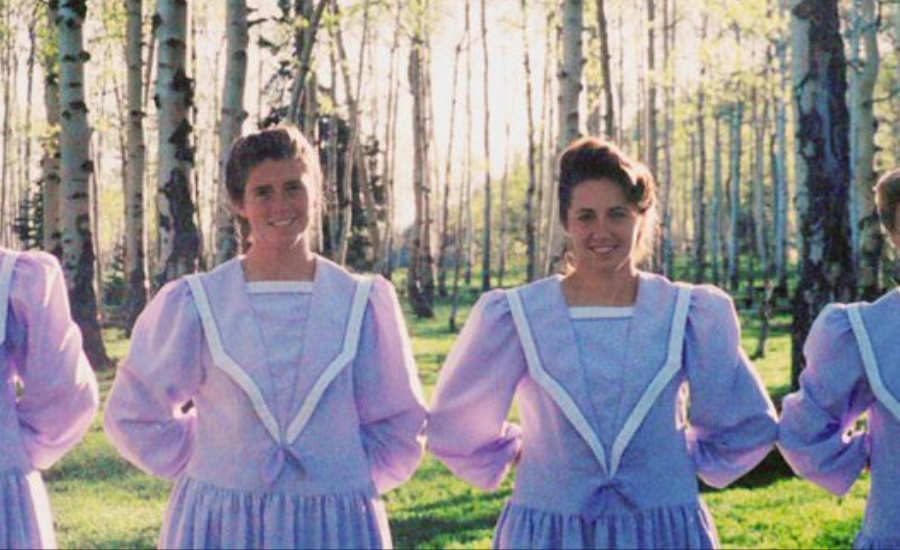
Merrianne Jessop was born on July 3, 1994, and was raised in the Fundamentalist Church of Jesus Christ of Latter-Day Saints’ (FLDS) strongly ingrained polygamous customs. She was the daughter of Merril Jessop, a prominent church leader who oversaw a large family with six wives and about fifty-four children. Among them, Merrianne’s mother, Barbara Jessop, stood out as Merril’s third wife and was often considered his favored partner, a reflection of the hierarchical dynamics prevalent within polygamous households.
Merrianne was raised in Colorado City, Arizona, a FLDS stronghold, and was exposed to the church’s doctrine at a young age. In order to shape women’s life around obedience and the expectation of polygamous marriage, the community placed a strong emphasis on rigid loyalty to a patriarchal framework. Merrianne’s upbringing was deeply influenced by these rigid customs, preparing her to embrace the roles dictated by her insular world.
Merrianne Jessop’s Marriage to Warren Jeffs: A Controversial Chapter
Merrianne Jessop, who was just 12 years old when she married Warren Jeffs in July 2006, has been the subject of significant media attention and extensive condemnation. The marriage of young girls to considerably older men was one of the most controversial practices of the Fundamentalist Church of Jesus Christ of Latter-Day Saints (FLDS), and this marriage was a prime example of it.Born on December 3, 1955, Warren Jeffs became the FLDS’s leader after his father, Rulon T. Jeffs, passed away. His reign was known for its unwavering interpretation of FLDS beliefs, particularly those pertaining to marriage and family dynamics.
Life as one of Jeffs’s wives placed Merrianne in an environment of strict control and rigid expectations. Unlike many other FLDS wives, Merrianne did not have children during her marriage to Jeffs. This distinction was significant, given the community’s emphasis on early motherhood and large families, which often determined a wife’s standing within the household hierarchy. Her unique circumstances within this controversial union further highlighted the complexities of life under Jeffs’s authoritarian rule.
Warren Jeffs’s Decline and Merrianne Jessop’s Post-FLDS Life
Due to claims of misconduct and illegal activity, Warren Jeffs leadership of the FLDS came under increasing criticism. He was named one of the FBI’s Ten Most Wanted Fugitives in 2006 and was accused of arranging underage marriages and sexual assault. The strictly regulated FLDS community started to disintegrate as a result of pressure from the public and the government as law enforcement stepped up investigations.
Following Jeffs’s arrest in 2007, Merrianne Jessop, still a minor, was placed into foster care as part of a broader effort to shield children from the harmful practices of the church. Reports suggest she was last seen at the Yearning for Zion Ranch in Texas in 2009. Merrianne eventually escaped foster care and returned to Texas, choosing a life away from public attention. For individuals raised in the isolation of the FLDS, adapting to life outside the church presents significant challenges, highlighting the lasting impact of such environments on their sense of identity and independence.
Merrianne Jessop’s Life After Warren Jeffs: A Veil of Uncertainty
Following Warren Jeffs’s arrest and the collapse of his control over the FLDS, details about Merrianne Jessop’s life grew scarce. She was last reported at the Yearning for Zion Ranch in Texas in early 2009. After being placed in foster care as part of efforts to protect minors affected by the church’s practices, Merrianne reportedly escaped and returned to Texas, retreating from public view.
Her current circumstances remain shrouded in mystery, sparking speculation about her life after leaving the FLDS. Questions linger about whether she has chosen to live independently or remarried within a similar community. The lack of concrete information highlights the challenges faced by individuals who leave tightly controlled religious groups, as they navigate the complexities of building new lives and identities in the outside world.
Merrianne Jessop: A Voice for Those Affected by FLDS
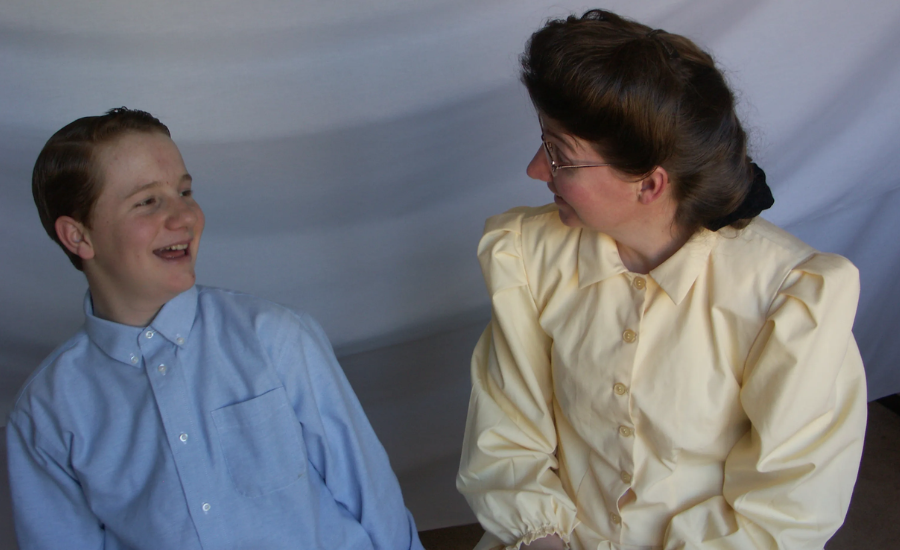
Merrianne Jessop’s life has come to symbolize the challenges faced by individuals within the FLDS and similar high-control groups. Though she has kept a low profile, her story underscores the urgent need for greater awareness of the difficulties young people, particularly women, endure in such environments. Key issues like consent, personal autonomy, and the rights of individuals in restrictive communities remain critical areas for attention and reform.
By sharing her journey, Merrianne can play an important role in raising awareness about the complexities of life in polygamous communities. Her experiences shed light on the broader impact of such practices on personal freedoms, serving as a powerful reminder of the need to protect the well-being and autonomy of individuals, especially in communities where conformity is often prioritized over individual rights.
The Broader Impact of Merrianne Jessop’s Story
Merrianne Jessop’s experience resonates far beyond her own life, touching on significant societal issues such as polygamy, child marriage, and the rights of individuals within controlling religious communities. Her story highlights the importance of advocating for the protection of personal autonomy and individual rights, which are often compromised in such environments. Efforts to challenge these practices are crucial for promoting healthier family dynamics and empowering those who have endured similar struggles.
As more individuals speak out about their experiences, public awareness of the complex challenges faced by people raised in closed communities continues to grow. Advocacy efforts are working to create a supportive framework for survivors, offering vital resources and networks to help them rebuild their lives after leaving high-control groups.
The Importance of Addressing Merrianne Jessop’s Story
Merrianne Jessop’s journey reflects the struggles of many who have faced life within oppressive and controlling environments. The ongoing conversation about the rights of individuals in religious settings is vital for increasing understanding and fostering societal change. By shedding light on the challenges faced by people like Merrianne, advocates can work to protect vulnerable individuals and ensure their rights are upheld.
Discussing the consequences of polygamous practices and the experiences of young people in these communities plays a crucial role in creating meaningful change. The more society comprehends these issues, the better it can support those striving to escape such restrictive environments and build lives centered on personal freedom and well-being.
Advocating for Change: The Impact of Merrianne Jessop’s Story
Merrianne Jessop’s life highlights the larger cultural issues surrounding polygamy and child marriage. As societal conversations continue to evolve, there is a growing understanding of the importance of safeguarding the rights of individuals in religious settings, where group conformity often outweighs personal autonomy. Gaining a deeper understanding of the impact of such practices is essential for advocating for reform and protecting vulnerable populations.
The stories of individuals like Merrianne reveal the pressing need for legal reforms to address child marriage and protect the rights of those living under high-control religious groups. By raising awareness of the challenges faced by those seeking to leave these environments, advocates can push for protective legislation and support systems that help individuals rebuild their lives and regain their freedom.
The Ongoing Journey of Merrianne Jessop
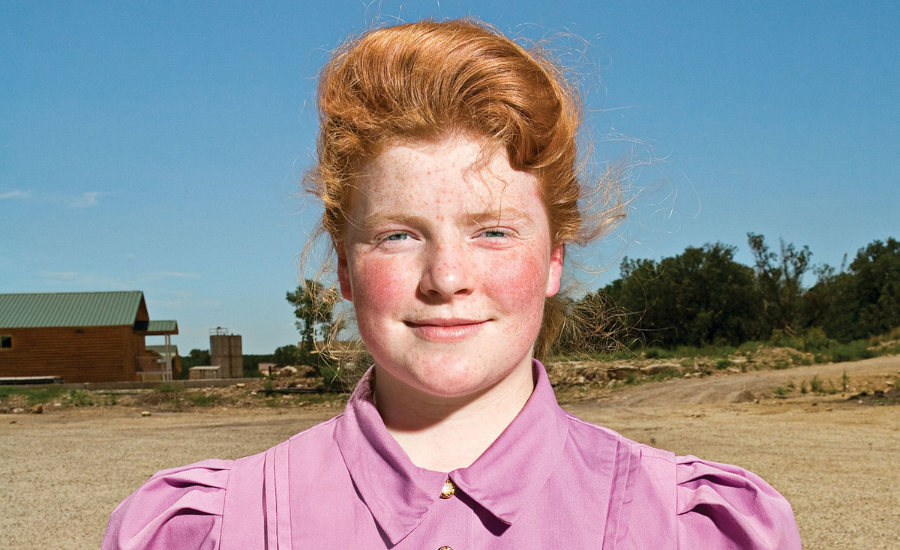
Merrianne Jessop’s current whereabouts remain largely private, though reports suggest she may still be in Texas, having distanced herself from the FLDS community. The absence of concrete information about her life raises important questions about the challenges faced by those who leave high-control religious groups and the difficulties of reintegrating into mainstream society.
Her transition from a young girl in a polygamous community to an individual navigating life on her own speaks to her resilience and determination to survive. Merrianne’s story highlights the pressing need for continued advocacy and support for individuals raised in such environments. As awareness of these issues grows, there is hope that more people will find the strength to break free from oppressive practices and pursue fulfilling, autonomous lives.
Also Read: Alicia Case Atlanta
Final Words
Merrianne Jessop’s life story is a poignant example of the struggles faced by individuals within high-control religious communities like the FLDS. Born into a polygamous family, Merrianne’s upbringing in Colorado City, Arizona, was shaped by strict adherence to FLDS customs, including early marriage to Warren Jeffs at the age of 12. Her story highlights the pressing issues of child marriage and the lack of personal autonomy within such groups.
Following Jeffs’s arrest, Merrianne, still a minor, faced the challenges of adjusting to life outside the FLDS. Her journey represents the resilience of survivors as they navigate complex transitions away from oppressive environments. While Merrianne’s current whereabouts remain unclear, her story continues to serve as a powerful reminder of the importance of protecting the rights and freedoms of individuals raised in controlling religious sects, emphasizing the need for reform and advocacy for vulnerable populations.
FAQs
1. Who is Merrianne Jessop?
Merrianne Jessop is a former member of the Fundamentalist Church of Jesus Christ of Latter-Day Saints (FLDS), known for being one of the wives of Warren Jeffs, the controversial leader of the church. She was raised in a polygamous family within the FLDS community, which has strict teachings regarding marriage and gender roles.
2. How old was Merrianne Jessop when she married Warren Jeffs?
Merrianne Jessop was married to Warren Jeffs in 2006 at the age of 12. This marriage was part of the FLDS practice of underage marriages, which has been widely condemned.
3. What is the significance of Merrianne Jessop’s story?
Merrianne Jessop’s story highlights the challenges faced by young girls and women within polygamous communities. It sheds light on the harmful practices of the FLDS, including child marriage and the control of personal autonomy, and emphasizes the broader societal issues of consent and human rights.
4. How did Merrianne Jessop escape the FLDS community?
After Warren Jeffs’s arrest in 2007, Merrianne was placed into foster care as part of a larger effort to protect minors from the harmful practices of the FLDS. She reportedly escaped foster care and returned to Texas, where she distanced herself from the FLDS community.
5. What happened to Merrianne Jessop after she left the FLDS?
Details about Merrianne Jessop’s life after leaving the FLDS community are scarce. She reportedly escaped foster care in 2009 and has kept a low profile since then, with little public information available about her current life.
6. Why is Merrianne Jessop’s story important?
Merrianne Jessop’s story is a powerful reminder of the challenges faced by those living in high-control religious groups, particularly in regard to personal freedom, child marriage, and the rights of individuals in such communities. It underscores the need for legal reforms to protect vulnerable individuals and offer support to survivors.
7. How does Merrianne Jessop’s experience reflect the broader issues within the FLDS?
Merrianne Jessop’s experience exemplifies the restrictive and harmful practices within the FLDS, including polygamy, child marriage, and the subjugation of women. It illustrates how individuals, particularly young girls, are manipulated and controlled within these communities, often leading to long-term emotional and psychological struggles.
8. Is Merrianne Jessop still in contact with her family members?
There is no public information about Merrianne Jessop’s current relationship with her family members, as she has maintained a low profile after leaving the FLDS. It is unknown whether she still has contact with her family or if she has distanced herself entirely from them.
9. What role does Merrianne Jessop’s story play in advocating for change?
Merrianne Jessop’s story serves as an important tool for raising awareness about the harmful practices within polygamous communities. Her experience has contributed to the ongoing conversation about the rights of individuals in restrictive religious groups and the need for legal protections, including legislation against child marriage and forced polygamy.
10. How can Merrianne Jessop’s story help survivors of the FLDS and similar communities?
Merrianne Jessop’s story provides hope and validation for others who have left the FLDS or similar high-control groups. It highlights the resilience and strength required to rebuild one’s life after escaping such environments and emphasizes the importance of support networks and advocacy for survivors.
Stay in the loop for upcoming updates and alerts! Trendy Revolve
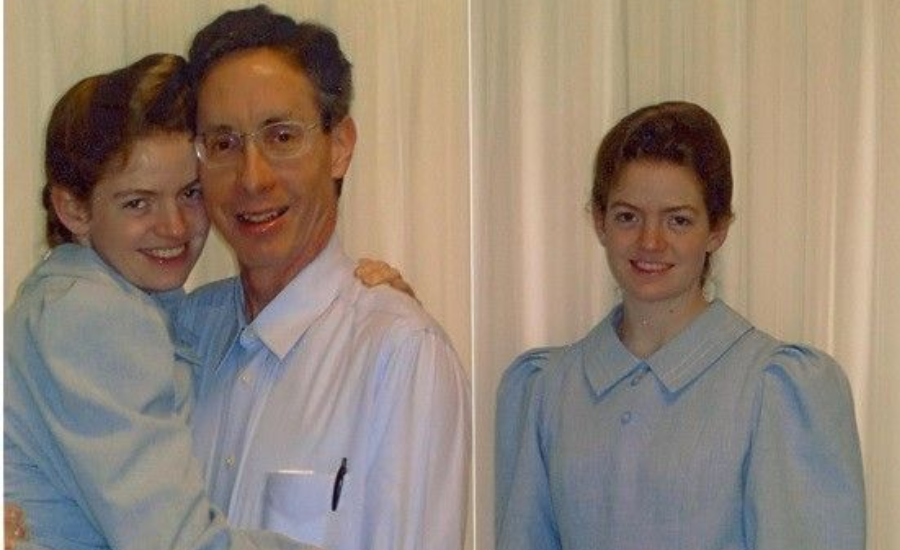



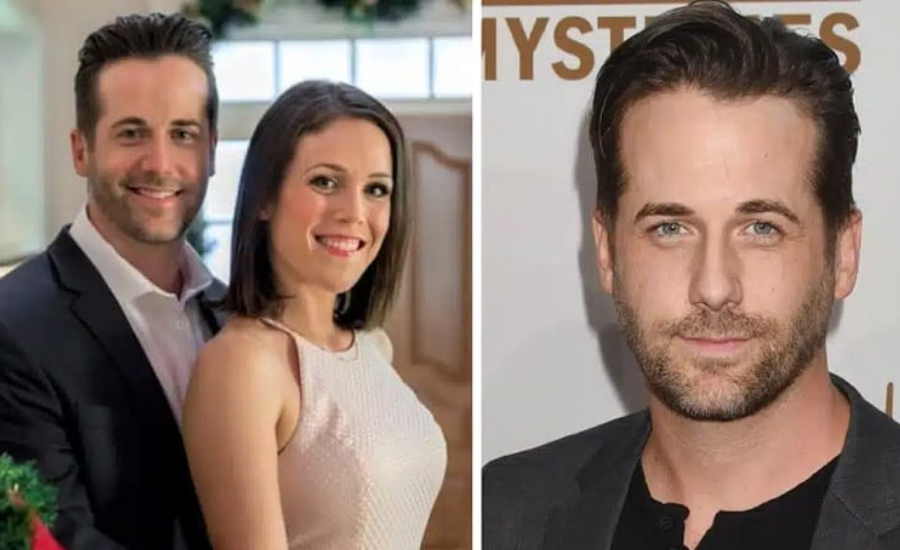
Leave a Reply